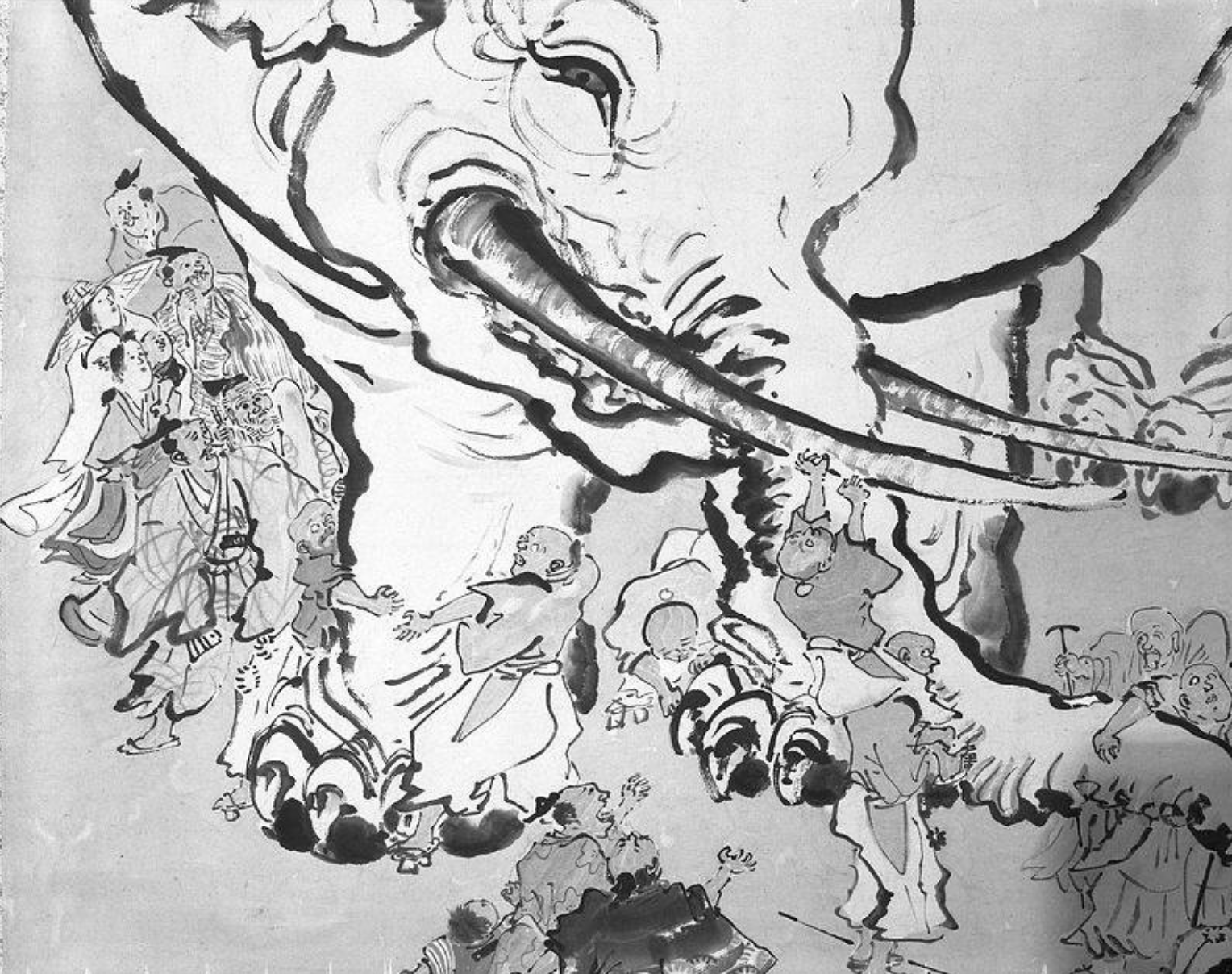This essay (serialized here across 24 separate posts) uses words and numbers to discuss the uses of words and numbers — particularly examining evaluations of university degrees that employ statistical data to substantiate competing claims. Statistical analyses are crudely introduced as the mode du jour of popular logic, but any ratiocinative technique could likely be inserted in this re-fillable space and applied to create and defend categories of meaning with or without quantitative support. Questions posed across the series include: Is the data informing or affirming what we believe? What are the implications of granting this approach broader authority? The author, Melanie Williams, graduated from UA in 2006, with a B.A. in Anthropology and Religious Studies.
We probably debate the touchstones of “a quality education” because we really don’t know what they are – we trust various institutions to provide the service they describe and in which they claim expertise. If there were strict standards of pedagogy in post-secondary education aside from the bloodless quotas of financial viability and publication rates, they would likely be just as problematic as attempting to determine the “value” of the degrees peddled therein. So who is drawing the lines of academic rites within which we are expected to operate? And what if we are drawing them ourselves? I would place the various articles I’ve read, along with every variety of poll, into the same category of untraceable authority claims in Baudrillard’s circulation of power, in that the “authorities” are the very consumers of the authorizing media that distribute the study. The evidence implies the hypothesis that predicts the evidence, in a “gigantic circumvolution.”
“Thus all the messages in the media function in a similar fashion: neither information nor communication, but referendum, perpetual test, circular response, verification of the code.”
Or as the oft-cited liberal arts icon Marshall McLuhan quipped, “the medium is the message.” Polling may be so popular in a democratic society for the very reason that we think of it as self-validating; we ourselves grant the authority polls seem to enjoy, manufactured simply through the process of creating and publishing the results. In the U.S., I think one could argue the poll enjoys a sort of ultimate authority, overruling even science. U.S. elections are a more consequential poll, but one in which it’s obvious the options don’t comprise an open field of candidates in a square match. The authority we therefore grant is not necessarily reflective of some spontaneous collective will, but it provides a convenient rhetorical trump card for those who are elected and purport to carry out the wishes of their constituents. Is power then vested in the people, or in the administrators of their best interests? Consider how this authorization-by-representation can be used to deflect criticism of controversial foreign policies by characterizing such comments as rather critical of the soldiers consigned to carry out those policies – an affront deemed not only ungrateful, but unpatriotic. It’s a pretty ingenious silencing technique, using the more constitutional method of concurrence-seeking to quell dissenting views. Since we develop the metrics, we define the standards against which we measure ourselves as well as the acceptable degrees of deviation. Or at least, we can be said to. The source is unlocatable.
Part 20 coming today at noon…
